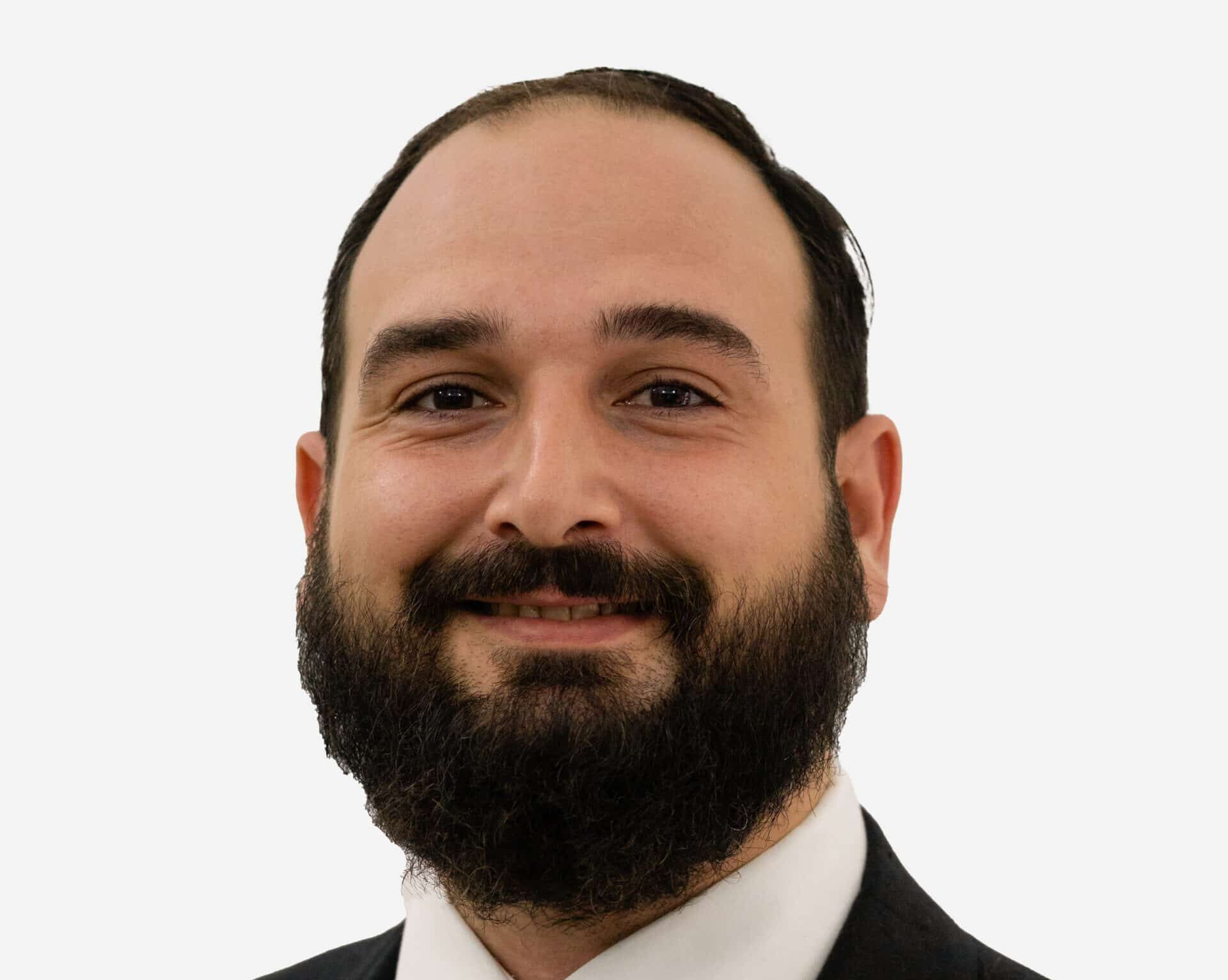It’s been over a year since the Gaming Act was amended to empower local courts to disregard any foreign judgment if it conflicts with or undermines the legality of the provision of lawful gaming services in/from Malta by virtue of an MGA licence. With Malta facing EU infringement proceedings, Ramona Depares reaches out to industry experts in an effort to unpack what could be next.
In June 2023, Maltese Parliament voted to amend the Gaming Act. In plain English, the new article protects the Maltese assets of locally licensed operators from being subject to compensation orders issued by foreign courts. This is the new Article 56A, better known across the EU as the infamous Bill 55 – and the controversies surrounding it remain unresolved to date.
Legal representatives from a number of countries – including Germany and Austria – have asked the European Commission to pronounce itself on whether the new legislation violates EU law. But the Maltese Government and the Malta Gaming Authority (MGA) have remained steadfast in their statements, insisting that “Article 56A confirms Malta’s long-standing public policy on online gaming and reflects existing rules under EU law”.
What can we expect to see next, and how could it impact the sector? Dr Terence Cassar, Partner at GTG Legal, explains that if the matter escalates to the European Court of Justice, the latter would ultimately issue a formally binding judgment.
“An Advocate General will be assigned to the case, and they will issue a non-binding (yet very authoritative) opinion on the matter, before the court delivers its judgment. In turn, the implementation of this decision would need to be handled through Malta’s national legislative mechanisms,” Dr Cassar explains.
However, he believes that the Commission’s case would not be strong, and should fail.
“Article 56A codified into written legislation that Maltese courts are to refuse recognition or enforcement of any foreign judgment if it conflicts with or undermines the legality of the provision of lawful gaming services in/from Malta by virtue of an MGA licence. But in doing so, it did not produce any new legal outcome per se – it simply codified the existing situation which was previously applicable as a matter of national public policy, rather than explicitly stated in our legislation.”
He notes that, despite being the very first EU country to regulate online gaming back in 2004, it was only in the last few years that Maltese companies experienced a major wave of coordinated player claims, deriving mainly from players in Austria and Germany.
“These claims would be practically identical: a player in Austria or Germany claiming that, in view of the applicable local position of the local legislation – and irrespective of EU freedoms to provide services – the online gaming offering by a Maltese company to a player in such jurisdiction should be considered illegal under the laws of that jurisdiction. Therefore, the losses of the player derive from illegal activity and are to be refunded,” Dr Cassar elaborates, adding that civil courts in their respective home countries invariably rule in their favour.
Operators at the receiving end of this judgment tend to be incorporated, and to have assets, in Malta, leading players to seek enforcement of the judgment through the Maltese courts under EU Rules on the Recognition and Enforcement of EU judgments.
“There are some exceptions that apply to these rules and, in this context, the relevant exception relates to public policy. There are also relevant rules as regards to what amounts to public policy,” he elaborates.
Dr Cassar argues that Article 56A fits neatly within these exceptions.
“In my view there is no case against Malta, since the government stayed within the parameters of EU Regulation. Malta’s public policy position on online gaming has been the same for over 20 years, and it is the EU itself that has explicitly provided for this exception to the enforcement of foreign civil judgments.”
Ultimately, the tension finds its cause in a broader dynamic resulting from the absence of harmonised EU rules on online gambling.
“A dedicated EU Gambling Unit was closed back in 2017, and a letter advocating for common policies that was presented in 2021 by around 13 EU regulators was not acted upon. This resulted in a lacuna which the EU Commission itself instigated to some degree. We’re seeing the consequences in this fragmented national law landscape across the EU,” Dr Cassar points out.
He adds that, should the European Court of Justice (ECJ) strike down Article 56A, Malta-licensed operators could face massive financial exposure from the mass litigation funded by third parties.
“The main direct impact will be on the larger operators which do their very best to act lawfully in such a complex landscape. The impact on the industry has already occurred, at least in part. When this legal phenomenon started to materialise, many Maltese operators reacted by either closing down the respective markets entirely, or by shifting to another jurisdiction that is insulated from the EU’s civil enforcement reach.”
Some of the larger, Malta-based operators are already seeing a potential fallout. Tipico CEO Axel Hefer, commenting on a pending dispute worth almost €4,000, stated: “The matter is now being examined by the ECJ. Depending on the ECJ’s decision, we will make repayments or not.” In April, the Rotterdam District Court ordered Betsson Group to pay just shy of €400,000 to a Dutch customer who gambled on sites that were unlicensed in the Netherlands. The company’s 2024 prospectus makes provision for this vulnerability to customer claims, noting that the risk of such claims being enforced is medium, while adding that if the risk were to occur, “the company considers the potential negative impact to be high”.
Meanwhile, operators with a Maltese licence eagerly await the decision that could turn out to be the biggest disruptor to the industry as we know it.
This interview first appeared in the iGaming Capital 2026 edition. For more information on the iGaming Capital 2026 edition or on www.iGamingCapital.mt, get in touch via email on info@contenthouse.mt or on +356 2132 0713. Additionally, readers can visit the iGaming Capital portal at www.iGamingCapital.mt to stay updated on the latest developments in Malta’s iGaming industry.
Featured Image:
Terence Cassar / gtg.com.mt





